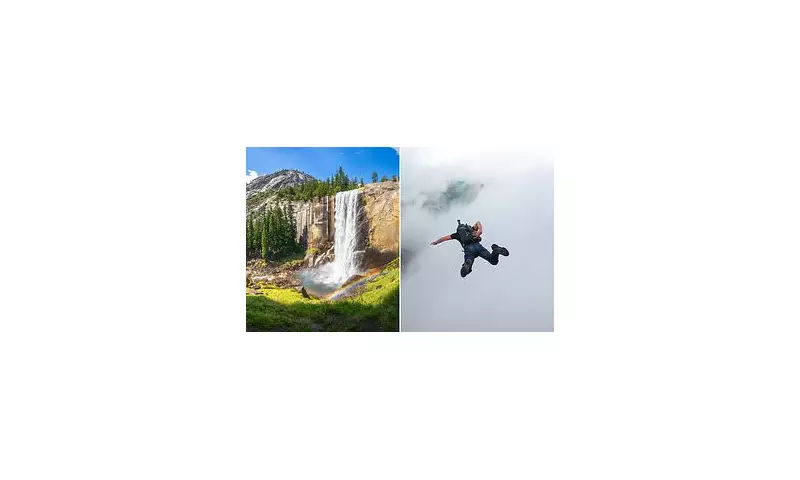
In a landmark ruling that sends shockwaves through the extreme sports community, three adventurous individuals have been convicted for illegal base jumping activities within the breathtaking confines of Yosemite National Park.
The daring trio, whose high-flying antics captured attention and concern, now face significant legal consequences for their unauthorised descent from the park's iconic cliffs. Their convictions mark a pivotal moment in the ongoing battle between thrill-seekers and park authorities determined to maintain safety and preserve natural wonders.
The High-Stakes Case
Federal prosecutors successfully argued that the defendants' actions not only violated national park regulations but also endangered public safety and disrupted the peaceful enjoyment of one of America's most cherished natural landscapes. The court heard compelling evidence detailing how the jumpers executed their dangerous manoeuvres despite clear warnings and established restrictions.
Legal Fallout and Consequences
Following their convictions, the adventurers now confront substantial financial penalties and court-imposed probation terms that will severely restrict their future activities in national parks. Legal experts suggest this case establishes a crucial precedent that will empower authorities to pursue similar prosecutions against others who flout park regulations in pursuit of extreme sports adrenaline.
Broader Implications for Adventure Tourism
This groundbreaking case raises important questions about the balance between adventure tourism and conservation efforts. Park officials emphasise that while they welcome visitors to experience Yosemite's majesty, all activities must comply with regulations designed to protect both visitors and the fragile ecosystem.
The convictions serve as a stark warning to extreme sports enthusiasts worldwide: national parks are sanctuaries to be respected, not playgrounds for unauthorised high-risk activities that compromise safety and conservation principles.





